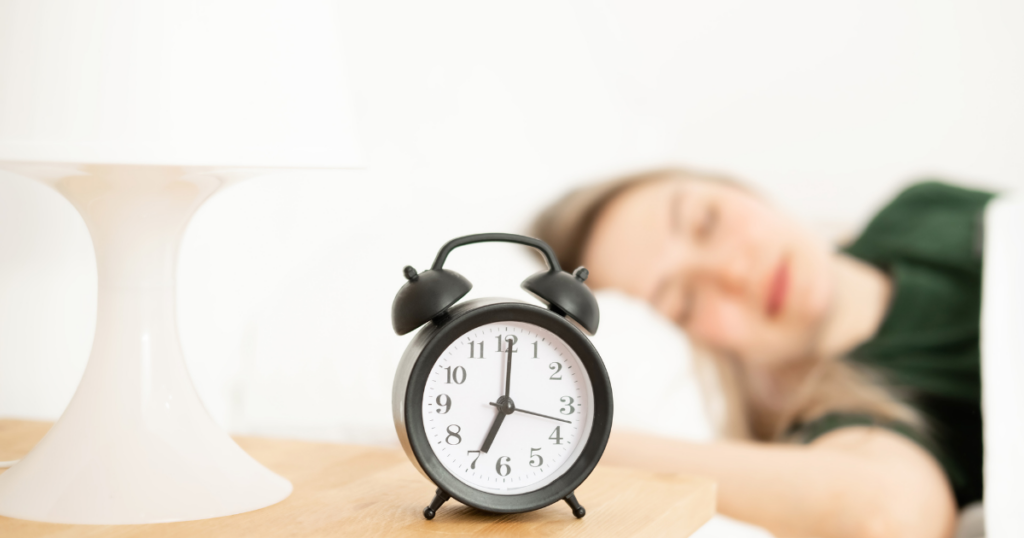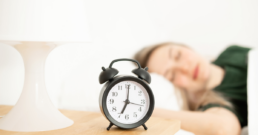The Mineral You Need To Optimise Your Sleep
THE MINERAL YOU NEED TO OPTIMISE YOUR SLEEP
03 / APRIL / 2024
SHEREE'S HEALTH DIARIES

Studies have shown low levels of serum magnesium (magnesium in your blood) are associated with low quality sleep and insomnia
I’ve been saying this for years, and this article expands on the role magnesium plays in regulating our circadian rhythm.
If you’re struggling with your sleep, chances are your circadian rhythm is out of alignment and your cortisol and melatonin are out of sync. There’s a lot we can do to reset this, like sunshine exposure, adjusting caffeine timing, balancing blood sugar levels, blue light blocking glasses, dimming the lights at night etc…
But these things take time, it doesn't take just a week to throw your circadian rhythm off, so it can be a few weeks before things start to settle and regulate. Which we both know, when it comes to sleep, lying awake at night is not fun, you just want to sleep now. This is where magnesium comes in.
HOW MAGNESIUM SUPPORTS YOUR SLEEP
All in all, magnesium (especially when combined with B6), can be really supportive in supporting falling asleep, regular sleep patterns and calming the nervous system.
Here’s why this is something you need to know...
The more stressed you are, the more magnesium you use, and with your day to day stress you're burning through a lot more magnesium than you can get with food
Which is a contributing factor to not getting good quality sleep. If you’re stressed, you start to throw out your cortisol levels, reducing your melatonin production in the evening and this is what can often result in that ‘wired but tired’ feeling!
So you struggle to fall asleep, wind up waking up tired, feeling unrested and dragging your feet to get through the day, relying on caffeine for energy (which also depletes your magnesium). Not the best cocktail for us to feel optimal right?!
Magnesium helps you calm your nervous system, bringing down the cortisol and helps you shift into your parasympathetic state which then supports you in falling asleep.
It also helps prevent and soothe cramps, reduce sugar cravings and speed up recovery from training. All of which are even more beneficial at night time, am I right? Waking up to a calf cramp at 3am is excruciating. Not to mention when you sleep you are repairing and the magnesium helps optimise that.
Magnesium is responsible for over 300 different functions in the body, so getting enough daily will make a huge difference to not only your sleep, but energy as well.
MY DOSAGE RECOMMENDATION
Weekly wellness prescription: add ~300mg of magnesium (bis)glycinate to your evening routine. If you want a great quality brand, just DM me here and I can share with you the ones I love that are available in your country and watch your sleep improve tenfold!
With love,
Sheree xo

SHEREE BEAUMONT
Holistic Nutritionist, Personal Trainer & Wellness Coach I empower women like you to transform their lives, understand their bodies and feel their best from the inside out!

